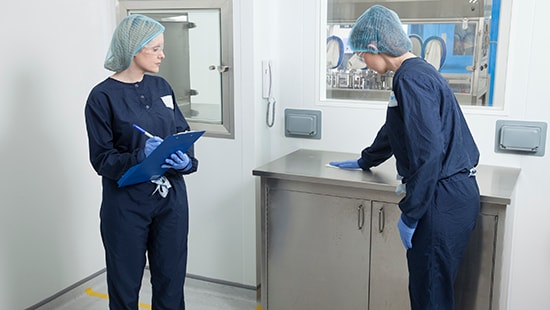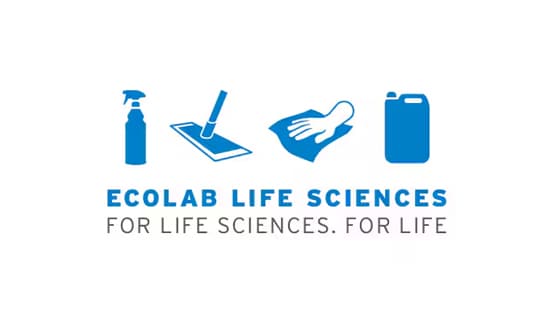Recent Regulatory Trends in Life Sciences
At Ecolab, our team is committed to staying on top of regulatory trends in the pharmaceutical and personal care manufacturing industry.

At Ecolab, our team is committed to staying on top of regulatory trends in the pharmaceutical and personal care manufacturing industry. Over the last 6 months we have been monitoring the FDA 483 observations relevant to our business. Form FDA 483 “Inspectional Observations,” is a form used by the FDA to document and communicate concerns discovered during inspections.
Receiving a negative 483 observation is an expensive and time-consuming issue for a manufacturer. Internal teams typically need to be assembled to act on the observation, often committing all the necessary resources, including personnel, facilities and equipment to get this done. In some cases, external and potentially expensive consultants may need to be hired. Considerable hours of remediation, training, process scrutiny and redesign, testing and retesting, process implementation, and meetings may occur.
This is all in addition to potential reputation damage, lost revenue due to shipping holds and impact on new drug approvals or launches. Competition may also leverage this to their advantage.
The following are the areas where we have seen the most FDA citations (in the last 6 months) for Cleanroom and Personal Care manufacturers:
- Inadequate validation of cleaning procedures 37 observations
- Inadequate validation of the disinfectant products 8 observations
- Inadequate cleaning/sanitizing (including inadequate cleaning procedures) 31 observations
- Residue issues 17 observations
Further Detail
Inadequate Validation of Cleaning Procedures
Regulators are calling out companies failing to validate cleaning procedures to show prevention of cross-contamination, removal of their own product residue and cleaning agent residues.
“You have no scientific justification demonstrating your current cleaning process is adequate.”
“Scientific justification could not be provided showing equipment is cleaned at appropriate intervals to prevent build-up and carry over of degradants…”
“You have not validated your cleaning procedures for effectiveness and the ability to minimise the risk of drug product contamination and cross-contamination from different drug products and cosmetics manufactured using the same processing equipment and utensils.”
Inadequate Validation of the Disinfectant Products
In the same period, there were eight observations for inadequate validation of the disinfectant product. This lower number of observations for inadequate validation of disinfectants would suggest that companies generally understand expectations from a disinfectant validation standpoint but may struggle with expectations concerning validation of the cleaning process itself.
Inadequate Cleaning/Sanitizing (including inadequate cleaning procedures)
An additional 31 observations in the same period for inadequate cleaning and cleaning procedures make it clear that FDA regulators found issues with cleaning validation and practices at manufacturing sites.
“Procedures for the cleaning and maintenance of equipment are deficient regarding sufficient detail of the methods, equipment and materials used in the cleaning and maintenance operation.”
“Written procedures for cleaning fail to include description in sufficient detail e.g. reproducible and consistent results are not assured.”
Residue Issues
When you also consider the additional 17 observations on residues, it shows that manufacturers need proper guidance regarding the management of residues, including selecting appropriate products in the cleaning and disinfection of their manufacturing facilities.
How can Ecolab Life Sciences Help?
In order to help protect you against a potentially costly 483 in the areas above, Ecolab can help you navigate through the regulatory requirements for cleaning, sanitization and contamination control.
Our team provides you with the technical and validation support needed to help ensure that your cleaning and disinfection processes have been optimised and are audit ready. We can also assist you with selection of the most appropriate agents and parameters to reduce the risk of cross contamination and/or residues, thereby providing a high assurance of safety to patients, compliance and operational efficiency.



